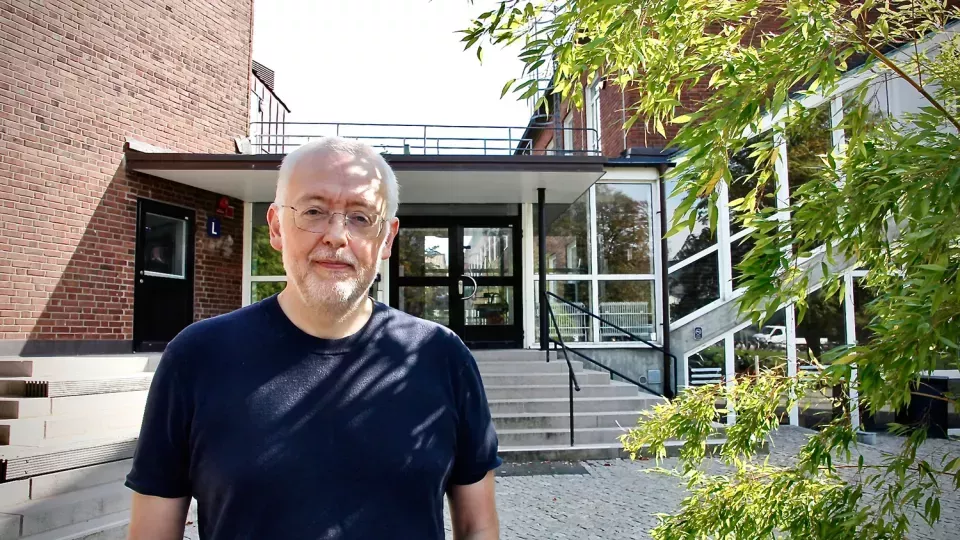Anders Mikkelsen, professor of synchrotron light physics and director of NanoLund, is the project manager for a new centre that has received funding from Vinnova. For five years, a multi-headed brain trust from the university and industry will work on creating sustainable sensors that can be used in difficult environments.
Vinnova is investing in eleven new centres of excellence in areas that are important for a sustainable industrial and societal transition. The centres of excellence will conduct research and education for five years. In total, Vinnova, the universities and the business community are contributing SEK 1 billion to strengthen Sweden’s competitiveness.
Broad industrial collaboration
One of the new centres is Sentio – Integrated Sensors and Adaptive Technology for Sustainable Products and Manufacturing. It is coordinated by Anders Mikkelsen at the Department of Physics, Faculty of Science at Lund University. He will lead some 15 senior researchers and PhD students from both the Faculty of Engineering and the Faculty of Science. The group also has a deep and broad industrial collaboration with companies such as Sandvik, Alfa Laval, Seco, Tetra Pak and Volvo Trucks.
“It will be a delight to work so broadly. We are an exciting team that spans several disciplines and works with both basic research and practical applications in industry,” says Anders Mikkelsen.
Making greater use of recycled materials
The project focuses on creating new types of sensors and using them in difficult industrial environments. Examples include cutting processes in the metal industry where temperatures are high, vibrations are extensive and pressure is high. By obtaining detailed information during cutting, it is possible to optimise the process by using as little energy as possible and minimising waste.
“This may involve environments where you have previously had to guess based on experience. With the help of new sensors, we will be able to make greater use of recycled materials,” he says.
It's not just about controlling production more efficiently. The aim is also for the new sensors to pave the way for reduced energy and material consumption.
This may involve environments where you have previously had to guess based on experience.
“We can't solve all the industry’s sensor problems. But we can select and invest in some of them. I see enormous benefits,” says Anders Mikkelsen.
Lund University has also received funding to establish three additional centres in areas such as communication and computing infrastructures, advanced chip technology and industrial heat transfer. These are added to the already existing centre of excellence, C3NiT (Center for III-Nitride Semiconductor Technology).
The work on Sentio will start in January 2024 with a total budget of SEK 110 million. Vinnova, the university and the industry share the cost equally. After 2028, there is a possibility of an extension for another five years.


